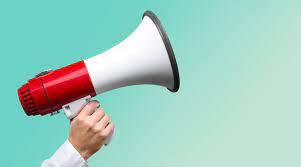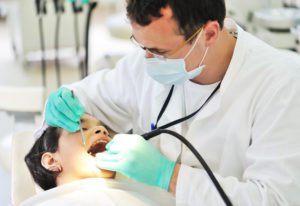Most people use pharmacies at least a few times a year to pick up medication, while others with long-term health conditions might attend once a month or even on a weekly basis.
Overall, pharmacies are a crucial part of the healthcare system that is central to the community and its citizens – but it’s not just prescriptions and over-the-counter medicine that they offer; pharmacies also provide other services that many people are not even aware of.
Emergency Contraception
In some states listed here, you can get access to emergency contraception at a pharmacy. Often called the ‘morning-after pill,’ this medication is taken up to five days after unprotected sex to prevent unwanted pregnancies.
As this contraception is more effective the sooner it is taken, it may be easier to get it via a pharmacy’s walk-in service than by trying to get an emergency doctor’s appointment for them to prescribe it to you.
Preliminary Health Screenings for Diseases
Pharmacies in the US can also offer preliminary screenings for certain health conditions. One of the main conditions that these screenings can pick up is type 2 diabetes – a condition that can be managed with diet and medication.
Since the signing in of the Affordable Healthcare Act in 2011, patients are entitled to a yearly health screening through Medicare, which is designed to pick up any preventable conditions and to create referrals for conditions requiring further investigation. Therefore, getting a screening is worth heading on down to your local pharmacy for – it’s better to be safe than sorry.
Diagnosis of Minor Ailments
Pharmacists are qualified clinicians, such as those found through Workflare, and are therefore capable of diagnosing and treating minor injuries and ailments such as skin problems, eye infections, or common viruses like chicken pox.
Using the services of the local walk-in pharmacy as opposed to waiting for a doctor’s appointment or going to a hospital will mean less time spent untreated, shorter waiting times, and less inconvenience, too.
Point-of-Care Tests
A number of pharmacies now offer point-of-care tests, where they can test for influenza and strep A, as well as perform blood tests to check for HIV and hepatitis. These tests are a quick and simple way to check for some diseases and viruses, allowing the patient to receive appropriate care fast.
Immunizations
Many pharmacies now have the capacity to offer vaccination schedules to their local population. From flu vaccines to covid boosters, getting your shots at your local pharmacy is likely to be more convenient and less time-consuming than the alternative at a hospital or medical practice – particularly as many pharmacies across the US now function in convenient settings like supermarkets and department stores.
Customizing Medications
The primary function of a pharmacy has always been to accurately and effectively dispense prescription medications to its customers. As a local resource, many pharmacists build up relationships with certain people in the community, getting to know their regular patients well.
As these relationships with frequent patients strengthen, it is also then possible for pharmacists to compound medications to create a personalized dosage that works best for an individual’s body. This customization will mean a more effective healthcare plan going forwards and thus a healthier community in the long run.





Be First to Comment